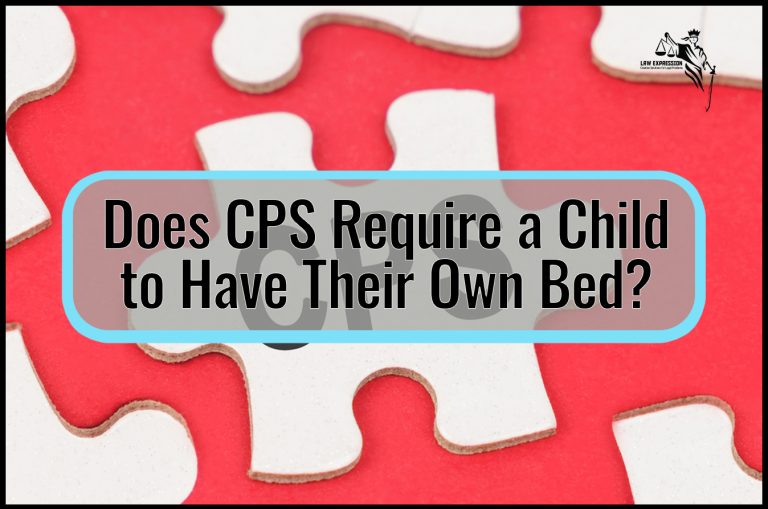Can You Legally Stop Someone from Attending a Funeral?
In the United States, there are no federal laws that dictate who can and cannot attend a funeral. However, some states have enacted their own laws on the matter. For example, in Louisiana, any person who has been convicted of a felony is not allowed to enter the cemetery where a funeral is taking place.
Additionally, some private cemeteries may have their own rules about who is allowed on the property.
- Speak with the funeral director to see if there is anything that can be done to stop the person from attending the funeral
- Speak with an attorney to see if there are any legal options available to stop the person from attending the funeral
- Send a certified letter to the person informing them that they are not welcome at the funeral and asking them to stay away
- Take out a restraining order against the person if they continue to attempt to attend the funeral after being asked not to
Can You Stop Someone from Going to Your Funeral?
It’s a common question: can you stop someone from going to your funeral? The answer is complicated. There are no definitive laws on the matter, so it ultimately comes down to the discretion of the funeral home or crematory.
That said, there are some general guidelines that can be followed. If the person in question is causing a disturbance or otherwise disrupting the funeral service, the funeral director may ask them to leave. Additionally, if the person is not on good terms with the deceased’s family or friends, it may be best to keep them away for everyone’s sake.
Ultimately, though, it’s up to the individual and their loved ones to decide who should and shouldn’t attend their funeral. If there’s someone you really don’t want there, it’s best to make your wishes known ahead of time so that arrangements can be made accordingly.
Can You Go to a Funeral Uninvited?
It is generally considered to be bad etiquette to attend a funeral uninvited. Doing so can be disruptive and disrespectful to the grieving family, who may not want strangers at their loved one’s funeral. Additionally, most funerals are invite-only events, so it’s important to respect the wishes of the family by not crashing the service.
How Do You Deal With an Estranged Family at a Funeral?
It can be difficult to deal with an estranged family member at a funeral. There are a few things you can do to make the situation more bearable. First, try to avoid any confrontations or arguments.
If you must speak to the person, keep your conversation brief and cordial. Secondly, try not to bring up any old grievances or hurt feelings. This is not the time or place to hash out past problems.
Finally, respect the wishes of the deceased and their family. If they have asked for privacy or space, respect their wishes and give them what they need.
What is the Usual Protocol If You Can’t Attend a Funeral?
If you are unable to attend a funeral, the best thing to do is to send your condolences to the family in writing. You can also make a donation to the family in lieu of flowers.
Why You Should Not Wear a Dead Person’s Clothes | Sadhguru
Who Can Attend a Private Funeral
A private funeral is a service held to honor and remember the life of a person who has died. This type of funeral is usually organized by immediate family members and close friends. Private funerals are not open to the public, and only those people who were invited by the family may attend.
The decision to have a private funeral is a personal one, and there are many reasons why someone might choose this option. For some, it may be a way to keep the proceedings more intimate and focused on grieving rather than on hosting guests. Others may feel that a private funeral will give them more time to say goodbye in their own way without having to worry about entertaining or accommodating others.
Still, others might choose a private funeral simply because they prefer not to have a large gathering or because they want to keep costs down. Whatever the reason, if you have been invited to attend a private funeral it is important to respect the wishes of the family. Remember that this is their time to grieve and they should be allowed to do so in whatever way they see fit.
Conclusion
In the blog post, the author discusses whether or not it is legal to stop someone from attending a funeral. The author notes that while there is no law explicitly stating that one can stop another person from attending a funeral, there are certain circumstances in which it may be possible to do so. For example, if the person in question is disruptive or poses a safety threat, it may be possible to have them removed.
Ultimately, the decision of whether or not to allow someone to attend a funeral lies with the family of the deceased and the funeral home staff.


